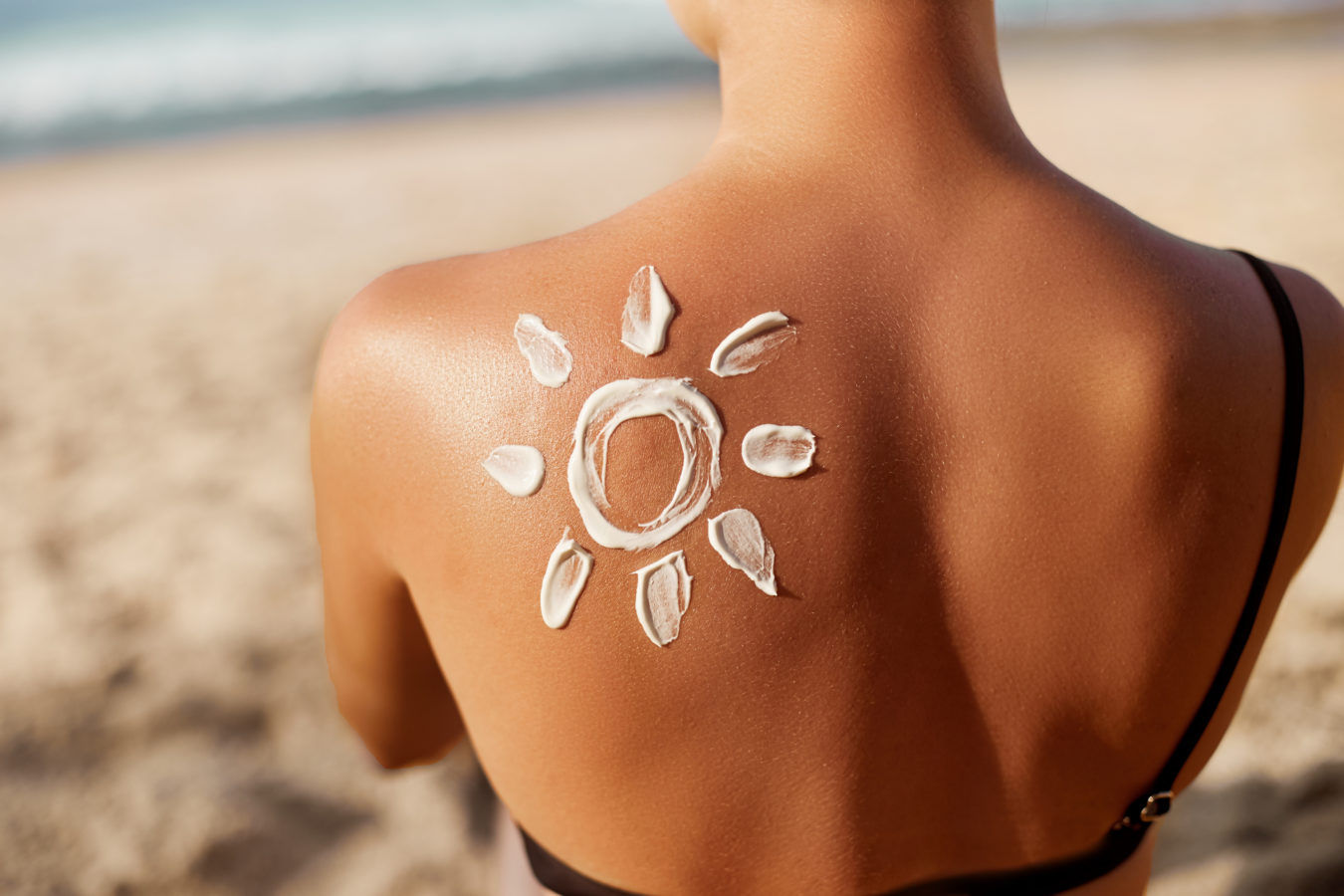
Sunscreen is important for everyone, but if you have oily skin, choosing the right one can be difficult. Many sunscreens feel heavy or greasy, making oily skin worse. This article explains how to choose a good sunscreen for oily skin, what to look for, and how to use it for the best results.
Why Sunscreen Is Important
Sunscreen protects the skin from harmful rays of the sun. These rays, especially UVB and UVA, cause damage like sunburn, skin aging, and even skin cancer. Using sunscreen every day helps prevent dark spots, wrinkles, and uneven skin tone. Even on cloudy days, UV rays can affect the skin.
Problems Faced by People With Oily Skin
People with oily skin often deal with excess shine, clogged pores, and acne. Thick or greasy products can make these problems worse. Many avoid sunscreen because it can feel sticky or cause breakouts. But skipping sunscreen is not the solution. The key is to find a sunscreen that suits oily skin.
What to Look For in Sunscreen for Oily Skin
Oil-Free Formula
Always choose a sunscreen that says "oil-free" or "non-comedogenic" on the label. These types of sunscreens do not block pores and reduce the chance of pimples.
Matte Finish
Sunscreens made for oily skin often have a matte finish. This means they help reduce shine and control oil, making your skin look fresh throughout the day.
Gel or Water-Based
Sunscreens that are gel-based or water-based are lighter than creams. They absorb quickly into the skin and don’t feel heavy.
SPF 30 or Higher
Look for a sunscreen with at least SPF 30. This level is good for daily use and offers enough protection from harmful UV rays.
Broad-Spectrum Protection
Choose a sunscreen that offers broad-spectrum protection. This means it protects against both UVA and UVB rays.
Fragrance-Free and Hypoallergenic
Fragrances can irritate the skin and cause breakouts, especially in people with sensitive or oily skin. A fragrance-free sunscreen is a safer option.
Types of Sunscreens
There are two main types of sunscreens: physical and chemical.
Physical Sunscreens
These use natural minerals like zinc oxide and titanium dioxide to block the sun’s rays. They sit on top of the skin and reflect UV rays. Physical sunscreens are usually better for sensitive skin, but some can feel heavy on oily skin.
Chemical Sunscreens
These absorb into the skin and absorb UV rays like a sponge. They usually have a lighter texture and work well for oily and acne-prone skin. Always patch-test first to avoid irritation.
Best Ingredients for Oily Skin
Some sunscreen ingredients are better for oily skin. Look for:
-
Zinc oxide (non-greasy and anti-inflammatory)
-
Niacinamide (helps reduce oil and improve skin texture)
-
Silica (absorbs oil and gives a matte look)
-
Aloe vera (soothes the skin without clogging pores)
Avoid sunscreens with coconut oil or petrolatum, as they are heavy and can block pores.
How to Use Sunscreen Properly
Using sunscreen the right way is as important as choosing the right one. Here’s how to do it:
Clean Your Face First
Always wash your face before applying sunscreen. Use a gentle cleanser made for oily skin.
Apply Generously
Don’t use too little. Use about a coin-sized amount for your face. Cover your neck, ears, and any other exposed areas.
Wait Before Going Out
Apply sunscreen at least 15 to 20 minutes before stepping outside. This gives time for it to absorb properly.
Reapply Often
Reapply every two to three hours if you are outdoors. If you sweat or wash your face, reapply sooner.
Use It Every Day
Even if you are indoors, sunlight through windows can damage your skin. Make sunscreen a daily habit.
Extra Tips for Oily Skin
-
Use a light, oil-free moisturizer before sunscreen to keep skin balanced.
-
Avoid heavy makeup over sunscreen to reduce shine and clogged pores.
-
Carry blotting paper to remove oil during the day without removing sunscreen.
-
Use powder-based sunscreens for easy reapplication without adding extra shine.
Common Myths About Sunscreen and Oily Skin
Myth 1: Oily Skin Doesn’t Need Moisturizer
Even oily skin needs moisture. Lack of hydration can cause more oil production. Use a lightweight moisturizer under your sunscreen.
Myth 2: Sunscreen Makes Acne Worse
Wrong sunscreen can cause acne, but the right one can help. Choose non-comedogenic and lightweight formulas to prevent breakouts.
Myth 3: You Don’t Need Sunscreen on Cloudy Days
UV rays can pass through clouds. You still need protection even when the sun is not visible.
Myth 4: Darker Skin Tones Don’t Need Sunscreen
Everyone, regardless of skin color, needs sun protection to prevent skin damage and aging.
Conclusion
Choosing the right sunscreen for oily skin helps protect your face without making it greasy. Look for oil-free, matte-finish, lightweight formulas with at least SPF 30 and broad-spectrum protection. Daily use of the right sunscreen not only prevents sun damage but also keeps your skin looking clean and healthy. Make it a part of your daily skincare routine, and you will see the benefits over time.
Comments on “Sunscreen for Oily Skin That Keeps You Fresh and Protected Daily”